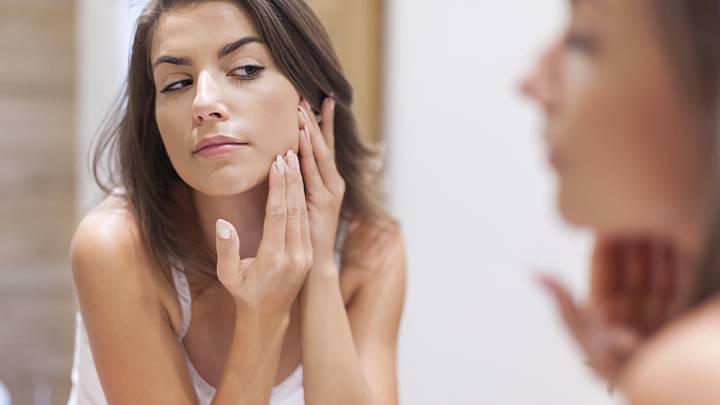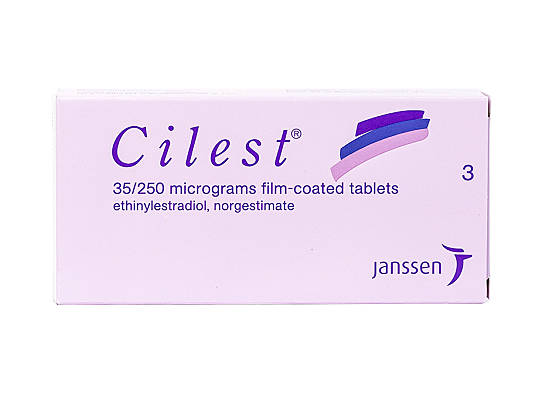The Contraceptive Pill and Acne

Medically reviewed by
Dr Kathryn BasfordLast reviewed: 06 Jun 2023
Effects of the contraceptive pill on acne

Key takeaways
The combined contraceptive pill can improve acne caused by hormonal changes
Taking the mini pill might make acne worse
The combined pill can be used in combination with most acne treatments
Acne is a condition that causes spots on the skin. This happens when the hair follicles in your skin get blocked. Many acne cases develop due to changing levels of hormones, which increase the amount of sebum (an oil) we produce. This extra sebum can mean follicles get blocked more often.
Taking the pill will also change your hormone levels. Some pills can lower the amount of oil the body is making, but others may increase it.

No results found.
Please check your spelling or try another treatment name.
How does the pill affect acne?
The hormones that can cause acne are known as androgens. Androgens make the body produce more sebum, an oil made in the glands in your skin. When too much sebum is made, it can combine with dead skin cells and create a plugin your hair follicles. This can lead to spots.
The effect of taking the pill on acne depends on the type of pill you take and how your body responds to the hormones.
Combined pill
The combined pill contains oestrogen and progesterone. Studies have shown that taking these hormones together can make the androgen levels in your body more regular so that sebum production does not increase too much. This helps keep the pores in your skin clearer and reduces spots.
Many people find that their acne gets better when they start taking the combined pill, but others do not. Taking the pill is also unlikely to clear your acne completely.
Other forms of contraception containing oestrogen and progesterone, like the patch and the vaginal ring, can have the same effect on acne as the combined pill.
Mini pill
How long will it take for the pill to clear up my acne?
It normally takes a few months for the combined pill to affect acne. You may even have a flare-up when you start taking the pill, but your hormone levels should become more regular over time. If your acne does not improve in that time or it seems to worsen, you should talk to a doctor. They’ll be able to help you work out why, or prescribe a different pill.
When is the pill prescribed to treat acne?
There are many reasons why a doctor might prescribe a contraceptive pill. It’s most often prescribed as contraception for sexually active women, but it’s also one way doctors treat acne.
A common and effective pill that is used to treat acne is co-cyprindiol. But because co-cyprindiol can cause more side effects than other pills, it is often prescribed only when other treatments have not worked.
Can I use other acne treatments at the same time as the pill?
The combined pill can be used in combination with most acne treatments. But if your acne medication, for example, antibiotics, makes you throw up or have diarrhoea, this can make the pill you’re taking less effective. This also means you’ll need to use extra contraception to avoid pregnancy, while you’re unwell.
You should talk to a doctor about any acne treatments you plan to use alongside the combined pill.
Can other forms of contraception cause acne?
Studies into the effect of progesterone-only contraceptives on acne have not proved a direct link between the two. If you find that the mini pill (progesterone-only pill) makes your acne worse, you may also find contraceptives that contain the same hormones have a similar effect. These include the implant, injection and the IUS (intrauterine system, or hormonal coil).
If you think a form of hormonal contraception you’re using is causing acne, your doctor may be able to offer you an alternative type of contraception or acne treatment.
Are there other ways to control my acne?
There are several other ways that you can treat acne. These include:
- gels or creams that you rub onto the skin
- a combination of antibiotic pills and gels

Dr Kathryn Basford is an IMC and GMC registered GP who works with our Irish team here at ZAVA. She graduated from the University of Manchester and completed her GP training at Whipps Cross Hospital in London.
Meet our doctorsLast reviewed: 06 Jun 2023
-
Bosanac, S. S. et al (2018). Progestins and acne vulgaris: a review. [online] Available at: https://escholarship.org/uc/item/6wm945xf [accessed 26th June 2019]
-
Słopień, R. et al (2018). Use of oral contraceptives for management of acne vulgaris and hirsutism in women of reproductive and late reproductive age. [online] Available at: https://pubmed.ncbi.nlm.nih.gov/29725277/ [accessed 26th June 2019]
-
Arowojolu, A. O. et al (2012). Combined oral contraceptive pills for treatment of acne. [online] Available at: https://pubmed.ncbi.nlm.nih.gov/22786490/ [accessed 26th June 2019]
Contraceptive pills are a reliable way of reducing your risk of getting pregnant from sex. ZAVA offers most common brands of pill, so you can order your preferred brand by visiting our contraceptive pill service page.









